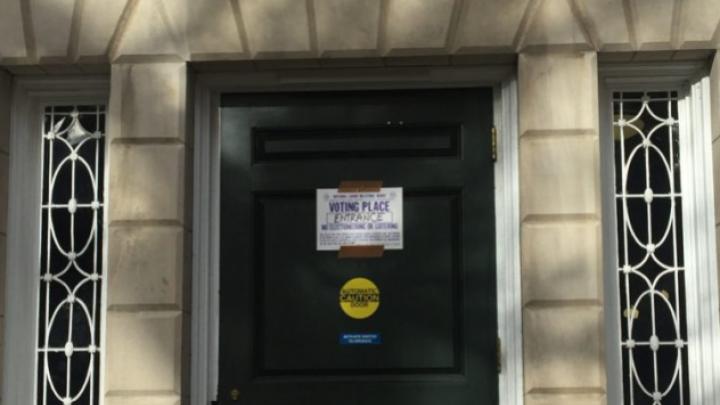The federal National Labor Relations Board (NLRB) today rejected Harvard’s challenge to an earlier NLRB decision that had ordered a new graduate-student union election.
Earlier this year, the regional NLRB had ruled to invalidate the results of Harvard’s November 2016 graduate-student union election and order a new election, arguing that the University did not provide a complete list of eligible voters prior to the election, which created confusion about eligibility: “The employer’s failure to provide a complete voter list interfered with the employees’ exercise of a free and reasoned choice.” Harvard had appealed that decision to the national NLRB, which ruled today that the challenge “is denied as it raises no substantial issues warranting review.”
“As academic workers, we have a legal right to bargain together to improve our working conditions. Providing incomplete voter lists and appealing labor law precedent is antithetical to the principles of democracy, and today Harvard administrators saw that it won’t work. Now we can refocus on rallying, organizing, and talking to our colleagues about why a union is so necessary at Harvard,” said Jocelyn Fuentes, a Ph.D. candidate in earth and planetary sciences, in a union press release. Members of the Harvard Graduate Student Union-United Auto Workers (HGSU-UAW) had been organizing thoughout this semester to urge Harvard to drop the appeal.
The graduate-student unionization election has been contested for a year, after an initial vote count indicated that more students had voted against forming a union than for one. But about 300 ballots remained uncounted because their eligibility remained contested. Updated December 15, 2017, 2 p.m. In April, an NLRB report found that 195 of those ballots were eligible, and that, consistent with the union’s objections to the election, Harvard had not provided a complete and accurate list of eligible voters, potentially preventing some students from voting, and thus should hold a new election. Harvard’s appeal of this ruling argued that the vote count should stand, and that most students who had been omitted from the list had still voted: 336 of 533 omitted students had cast ballots, out of an electorate of 4,475.
“The University continues to believe the November 2016 student unionization election was fair and that well-informed students turned out in high numbers to vote,” said University spokesperson Anna Cowenhoven. “It is disappointing that the NLRB has not upheld our students’ decision to vote against unionization in that election.”
Graduate-student union elections have been held at many private universities since the NLRB ruled in August 2016 that graduate students engaged in paid research or teaching as part of their degree programs should be considered employees, and thus have the right to unionize. The prospect of a new election offers HGSU-UAW the opportunity to renew its long organizing campaign and persuade more students of the benefits of unionization.
Meanwhile, the political climate has shifted significantly since the initial union election: Congress is in reconciliation for a bill (which Harvard opposes) that could impose huge tax burdens on graduate students across the country—making many more students politically active and concerned for their financial welfare, and threatening the viability of graduate education in general. Graduate student organizers have also feared that a reconstituted NLRB under president Donald Trump could reverse the right of students to unionize. A footnote to today’s decision notes that Harvard’s narrow appeal didn’t challenge the employee status of graduate students, and thus their right to unionize in general—but that William J. Emanuel, an appointee to the NLRB by Trump, believes NLRB precedent on the status of students “warrants reconsideration.”








